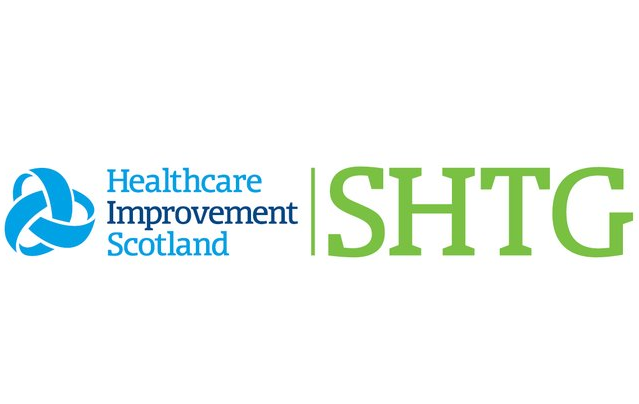What we looked at and why

SHTG recommendation
In response to enquiry from National Services Division within NHS Specialist Services & National Planning, NHS Scotland.
What were we asked to look at
In May 2018, the SHTG published advice on the clinical effectiveness, safety and cost effectiveness of C-EVAR techniques compared with OSR or non-surgical management in patients with a juxtarenal aortic aneurysm (JRAA) or thoracoabdominal aortic aneurysm (TAAA).
The National Services Division (NSD) within NHS National Services Scotland requested that the evidence review and advice is updated to inform their commissioning of future service models.
Why is this important
The Scottish National Thoraco-Abdominal Aortic Aneurysm and Complex Aortic Service is based in the Royal Infirmary of Edinburgh, NHS Lothian. The service provides care for patients in Scotland requiring assessment and treatment for disease of the aortic arch, thoracic, thoracoabdominal or suprarenal abdominal aorta and other complex aortic conditions. This is a specialist service that is funded and managed by NSD.
NSD has advised that since the publication of SHTG’s Advice in 2018, there has been a significant change in clinical practice resulting in greater use of C-EVAR techniques. C-EVAR is available in five boards in NHSScotland, with the centre in NHS Lothian carrying out the most complicated cases.
The increased use of C-EVAR has resulted in increased costs mainly driven by the consumable and device costs. It is important to ensure the service is providing value for money.
NSD has asked that SHTG advice is updated so that they can reach an informed decision on future service models and whether the service fits within a national designation. SHTG advice will shape the new service level agreement and requests to Board Chief Executives and Scottish Government for funding.
